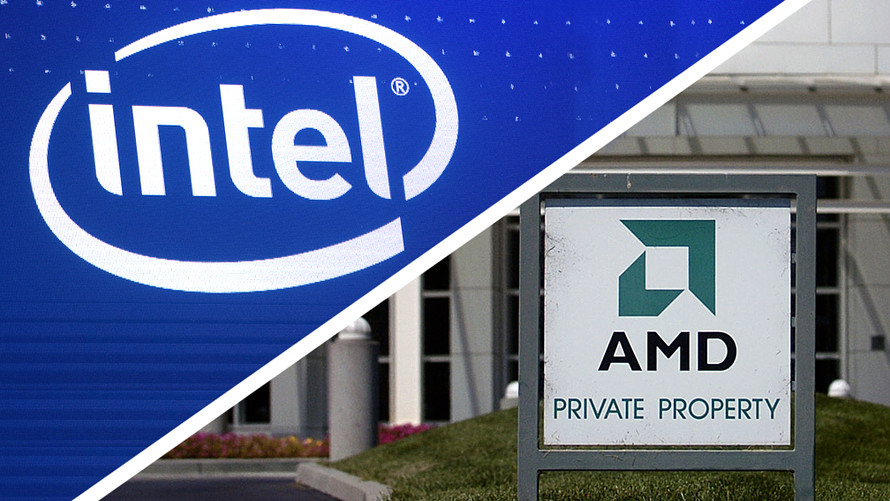in reply to
@fkoehler
there is difference in someone saying "Intel will never lose because they are amazebawls" and saying "i predict that the larger, more experienced company with a deathgrip on the market will be the winner"
the origin of the "fanboy" word is when someone is .. literally, a fan. Someone who loves a team JUST BECAUSE, and they will support their idol without any special reason aside from "i like this thing".
being a fan of AMD when their chips were destroying Intel on IPC AND price isnt fanboyism. Being a fan of AMD during bulldozer instead is fanboyism.
Also, as a very broad observation, when you're the underdog you will reach for tactics which actually work, like: listening to your customers, delivering targeted products, and undercutting the market leader. When instead you are in the lead, you'll use dominance tactics, such as other-brand tie-in, lying in the press, exclusives, promotions, you basiaclly burn a portion of your earnings to maintain the leadership.
I have said this before, and i am confident it is accurate, Intel's biggest problem is that they have been too successful for too long - it's an old, big big company, with many directors, assistant directors, secretaries, department heads, regulations, protocols, and i want to bet, internal legacy systems; their developers dont rub shoulders, dont eat ramen in the same canteen, they are not hungry for success, but have too many sub-contractors whose job rotates around Intel maintaining what they have rather than risking a new direction.
im gonna guess the decision to release the 9900 went like this:
"Boss, AMD have got this new chip, it's got more cores, uses less power, has this massive boost, but also stays cool under normal loads, AND costs less than ours; what should we do?"
Boss: what options do we have?
Engineer: well, we should obviously re-design our architecture. And re-negotiate our contracts wth our technology partners. And increase the R&D budget. and.
Boss: no.
Engineer: what ?
Boss: no. take what we have, and push it to .. 5Ghz. Overclock it.
Engineer: but, the efficiency..
Boss: And make it eight cores.
Engineer: .. but, that would take the power envelope to ..
Boss: and .. NEW BOX. Get marketing on it!
right now AMD "make" chips, while Intel "sells" chips. It's obvious that a forum of technology enthusiasts will prefer AMD over Intel. Intel obviously make the decisions which make more sense to them as a market leader; you wanna sell a "gaming" chip, dont call it the DF8445 NE, or the PUEA442, call it the TX99 Terminator.
Are they selling a pre-overclocked chip that requires realistically a $100 AIO to run as described? yes they do. Are people buying it? You bet.
it's unrealistic to expect Intel to be on the bleeding edge of technology because they do not have incentives to do it. The opposite is true for AMD.
However, it worries me, when Intel - or anyone else - decides to use unfair market tactics, because that impacts me directly. I am totally ok with a company saying (or not saying, but me being aware of) "consumers are stupid, so this is the product that is most profitable for me to produce", but if they then attack the company that targets products at me, then i am directly impacted by Intel's bloatedness.




